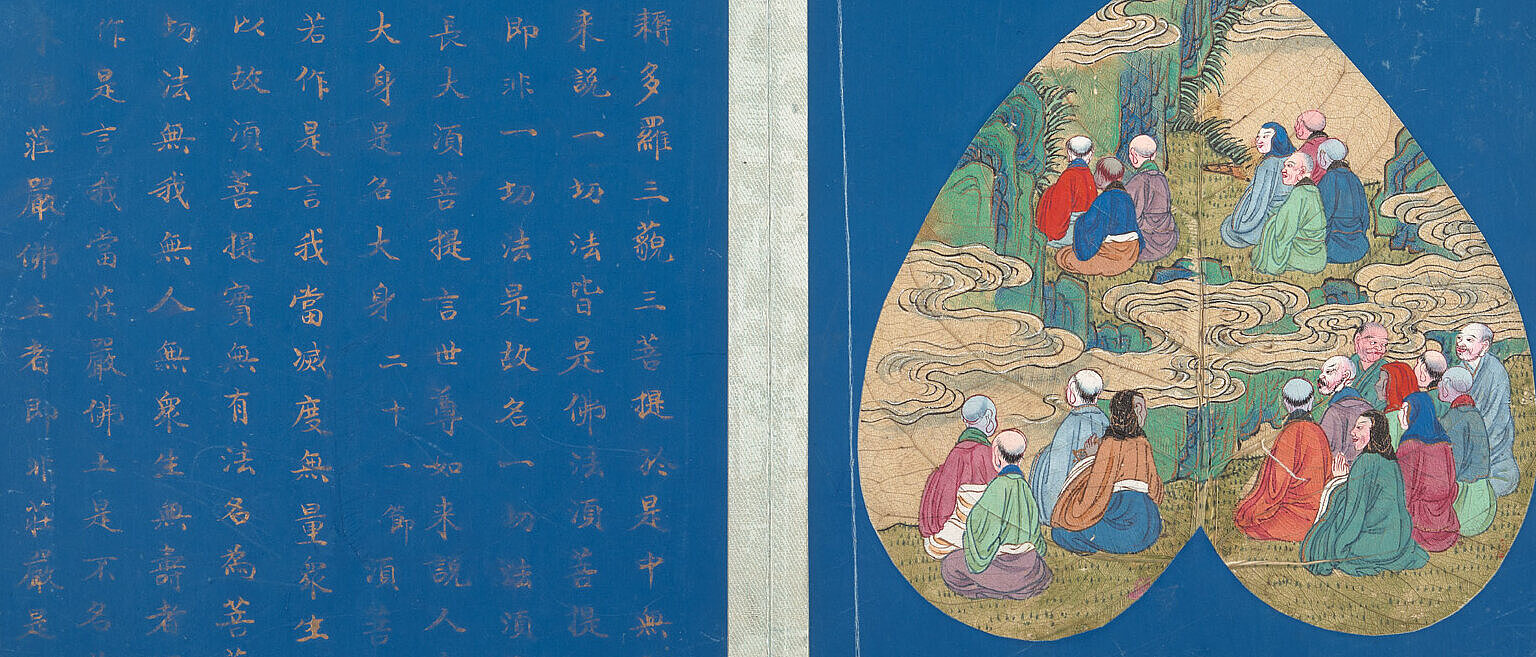
Three specialist workshops will be held as part of the project. These will be devoted to Sanlun Buddhist philosophy in conversation with its Indian antecedents, its later elaborations within Chinese Buddhism, and its analogues in Western philosophy respectively. The three workshops will in turn issue in three edited books in Indian and Chinese Buddhist philosophy, the history of Chinese Buddhist philosophy, and East-West comparative philosophy.
These three workshops and edited books are conceived as constituting three ‘projects-within-the-project’. They will seamlessly further the project’s intrinsic disciplinary goal of raising the status and study of Chinese Buddhist philosophical thought (particularly of Sanlun), and do so in three distinct yet overlapping geographical-cum-cultural fields of research (South Asia, East Asia, and Europe/North America) and three overlapping disciplinary domains (Buddhist studies, religious studies, and philosophy). Moreover, precisely insofar as they will expand the remit of the project well beyond the study of the Sanlun school, they will forge the initial links toward future directions of research in Chinese Buddhist philosophy both within and beyond the Sanlun school.
The first workshop, on Chinese and Indian perspectives, will naturally be based on existing work studying the transmission of religio-philosophical doctrines between Buddhist South Asia and the Chinese world in the early centuries of the common era. More specifically, this work will be undertaken in a bid to unearth and evaluate the distinct features of Chinese Sanlun’s contributions to and elaborations on Indian Madhyamaka.
The second workshop will be devoted to charting the development of Sanlun ideas diachronically into later Chinese Buddhist intellectual history. Attention will be given to tracing the historical influences of Sanlun thought on the Weishi 唯識 or Consciousness-Only, Huayan 華嚴 or Flower Garland, Tiantai 天台 or Heavenly Platform, and Chan 禪 or Meditation schools – thereby also augmenting scholarly understanding of these, similarly understudied, Chinese Buddhist philosophical schools.
The third workshop will take as its point of departure the position that Chinese Buddhist philosophers treat problems that are relevant to contemporary Western philosophy, and do so by means of methods and approaches that merit consideration not only as historical artifacts but as genuinely interesting and insightful contributions to live philosophical problems. As such, while discussion will remain focussed on points of productive overlap between Sanlun Buddhist and Western philosophy (particularly regarding the ethics of belief), the questions addressed will be pursued in a manner resolutely committed to enabling substantial advances at the frontiers of knowledge at the interface between established disciplinary – and cultural – boundaries.